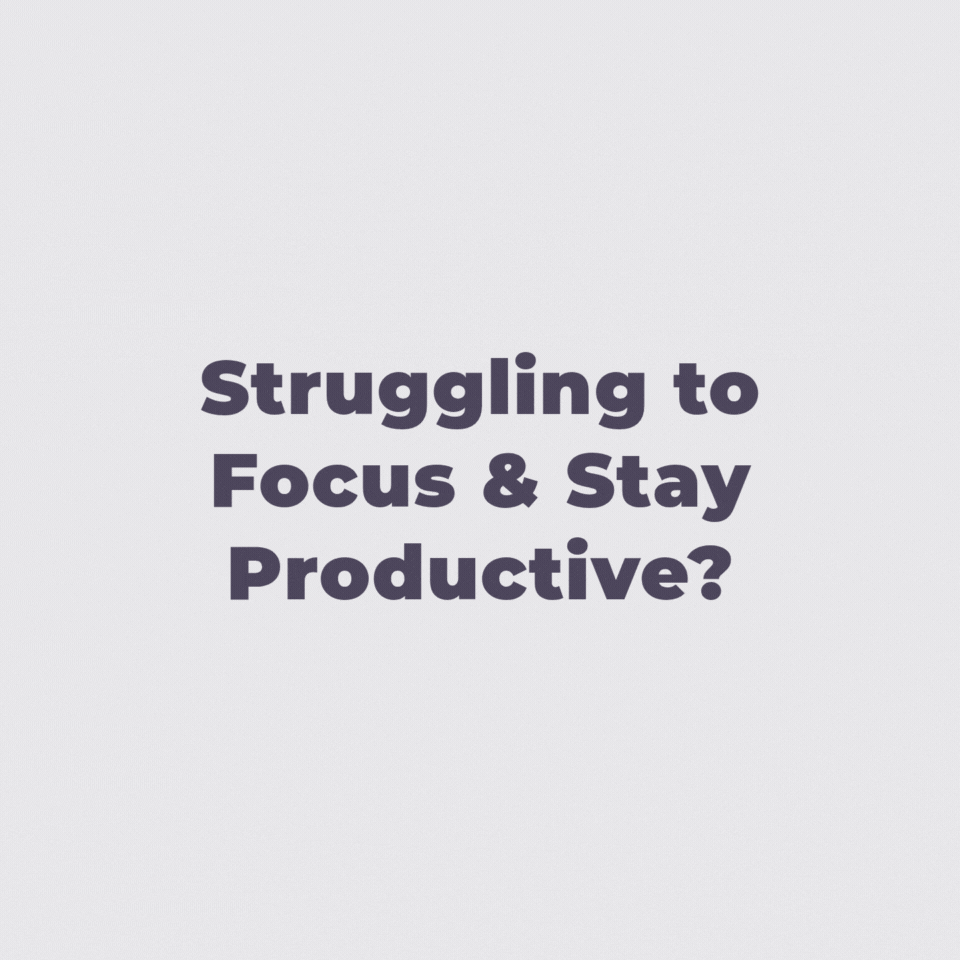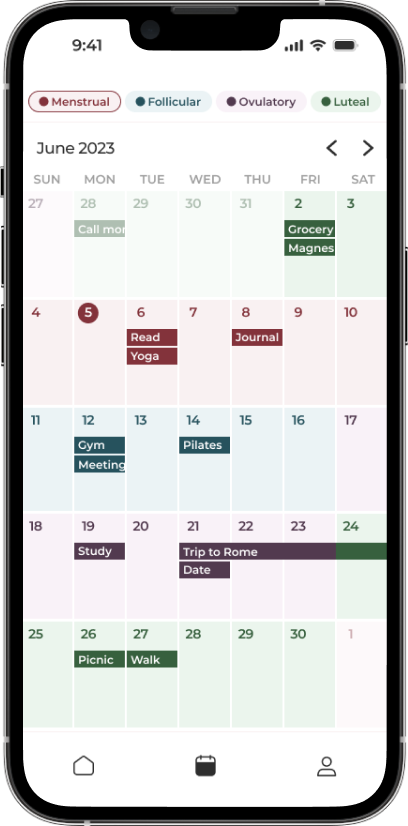How To Use Self-Compassion To Overcome Procrastination

What would you do if you had no fear of failure?
According to research, some of the most common reasons for procrastination are fear of failure, fear of negative feedback, and anxiety. We fear not only the negative feedback from others, but from ourselves as well. We tend to give harsh self-judgement when we are faced with a task and can’t bring ourselves to do it.
Whether it is conscious or unconscious, we put a lot of pressure on ourselves when trying to find motivation. Not only does this hurt our self-esteem and adds in unnecessary stress and anxiety, but in the end, we’re only motivated by fear. The fear of self-judgement.
Why does self-compassion help you to overcome procrastination?
Because self-compassionate people allow themselves to take more risks, and they know they will be okay even if they fail. They can forgive themselves if they make a mistake. By having self-compassion, they can more easily find the motivation they need.
When I was a student, I procrastinated basically every single project or homework I was given. I had to work on myself a lot to get to the point where I am now. I’ve learned to see failure as an opportunity for growth, and not as a measure of self-worth. I am not saying that I never judge myself anymore, but I have improved a lot and practice positive self-talk daily.
Here’s how I do it:
Mindfulness
Learn to live in the present moment and bring more awareness to why you do the things you do, without judgement. When you catch yourself procrastinating, ask yourself, why are you doing it? What are you afraid of?
Write down your limiting beliefs. These are beliefs that prevent you from pursuing your goals. To give you some examples, some of my limiting beliefs have been, “I’m not good at expressing myself,” and “No one cares about what I have to say”. Basically, it means that if I believe those things are true, then everything I do I will subconsciously make sure it aligns with my beliefs. My own fears stop me from what I want to do, which leaves no opportunity for growth.
Once I become aware of them by practicing mindfulness, then I can let them go. Here is an article that dives deeper into limiting beliefs and has some more examples.

Check out the Vision to Action Planner for only 6$
More infoForgiveness
Accept that you cannot be perfect. Don’t punish yourself for your mistakes. Your friends and family value you for who you are, and not because they think you are perfect. You don’t need to hold yourself to that standard. If needed, practice with daily affirmations, or set a notification on your phone as a reminder.
Gratitude
Instead of wishing for what you don’t have, be grateful for what you do have already. Learning to appreciate what you have can help you acknowledge what you’ve overcome until now and how strong you can be. The media often tells us what we should be or should own, and it can make us feel like we are never enough. When you begin to appreciate what is already there, you take off the pressure of everything you think you should have.
Growth Mentality
Instead of seeing challenges as obstacles, see them as an opportunity for growth. Be mindful when you find yourself avoiding something because of its difficulty. Ask yourself, how can you embrace this opportunity instead of avoiding it? What meaning can you find behind challenging yourself to take up the task?
When you see other people who have succeeded in what you’re struggling with, try to find inspiration in their strengths instead of feeling threatened. By empowering others, you empower yourself.
Still waiting for the 'perfect time'?
Email me what you'd do if you stopped making excuses. We'll work backwards from there.
Let's startRecent posts
-
The Complete Guide to Becoming a High Achiever
Read blog -
How To Make a Positive Impact in Your Community
Read blog -
What Is the “Winter Arc” Challenge?
Read blog -
What Is "the Great Lock-In" and Should You Try It?
Read blog -
What Are the 75 Hard and Soft Challenges?
Read blog -
How to Validate Yourself
Read blog

The App Made To Sync Your Lifestyle to Your Menstrual Cycle.
A solution for women who are looking to keep track of what they sync to their cycles, such as fitness, diet, etc. by adding it to a calendar that also predict their phases.
Learn more





Comment